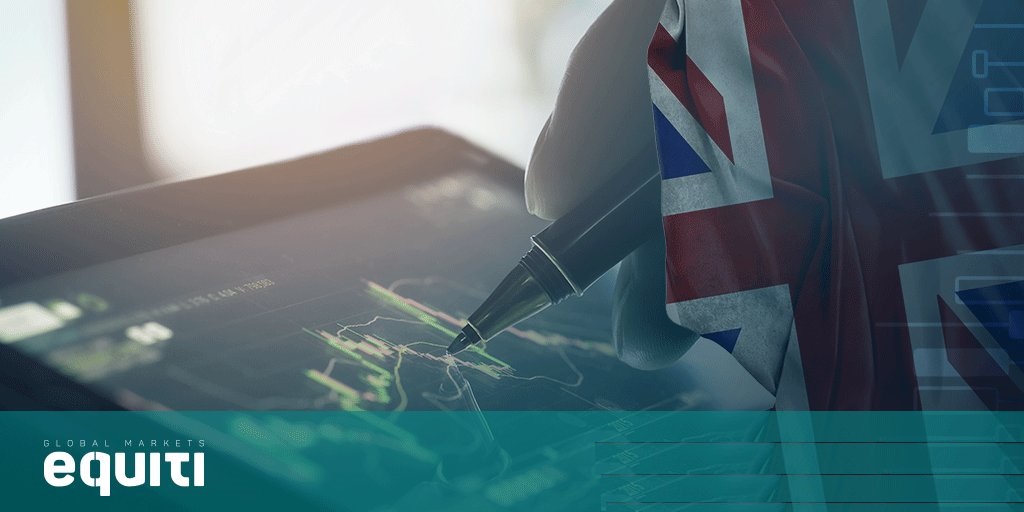The British economy advanced 0.4 percent on quarter in the three months to September 2017, beating market expectations of 0.3 percent, the preliminary estimate showed.

The expansion was mainly driven by services boosted by computer programming, motor trades and retail trade.
Also, manufacturing returned to growth after a weak performance in the previous period while construction contracted for the second quarter in a row.
GDP Growth Rate in the United Kingdom averaged 0.60 percent from 1955 until 2017, reaching an all time high of 5 percent in the first quarter of 1973 and a record low of -2.70 percent in the first quarter of 1974.
UK Q3 Annual GDP Growth Weakest Since Early 2013

The British economy advanced 1.5 percent year-on-year in the third quarter of 2017, the same pace as in the previous period and better than market expectations of 1.4 percent, the preliminary estimate showed.
Still, it was the weakest pace of expansion since Q1 2013, as output growth slowed for services and construction, while industrial production expanded at faster pace.
GDP Annual Growth Rate in the United Kingdom averaged 2.45 percent from 1956 until 2017, reaching an all time high of 9.70 percent in the first quarter of 1973 and a record low of -5.90 percent in the first quarter of 2009.
GBPUSD At Cross Road

The British Pound recovered more than 90% of its yesterday’s decline, however, its trading within a critical area, between its short term down tend and a short term up trend, which has led to a triangle that needs to be watched carefully over the next few hours.
A breakout is needed, with a clear daily close above 1.3225 resistance area, in order to upgrade the outlook to strongly bullish, which may continue toward 1.33 resistance area. Otherwise, the risk of another leg lower is here to stay.
German Ifo Business Climate At Record High

The Ifo Business Climate Index for Germany rose to an all-time high of 116.7 in October 2017 from an upwardly revised 115.3 in the previous month and way above market expectations of 115.2.
The index of current conditions increased to 124.8 from 123.7 in September and the gauge of future expectations jumped to 109.1 from 107.5.
Business Confidence in Germany averaged 102.19 from 1991 until 2017, reaching an all time high of 116.70 in October of 2017 and a record low of 83.70 in March of 2009.

The economic releases so far in Europe keeps on supporting the ECB approach to trim its balance sheet before the end of the year.
At the same time, this might be another catalyst to support the Euro stabilization ahead of the ECB decision later this week.
Edited by:
Nour Eldeen Al-Hammoury
Market Analyst
